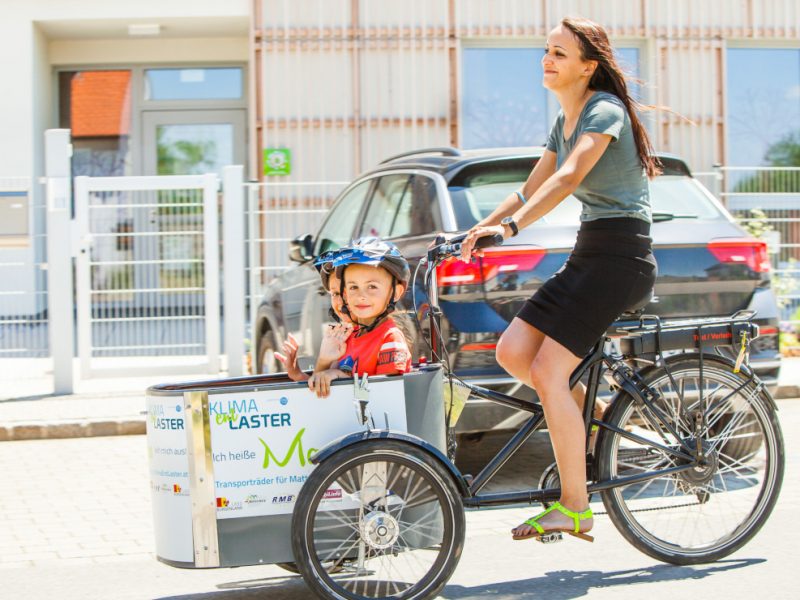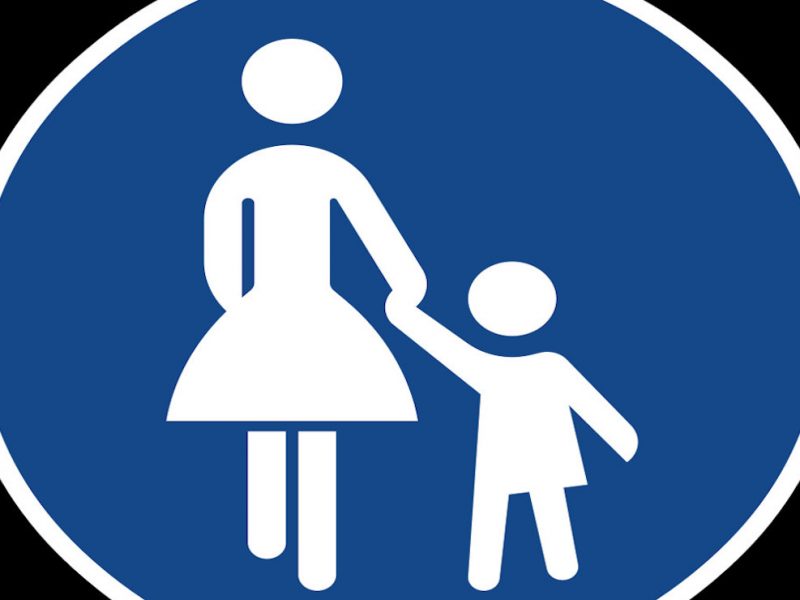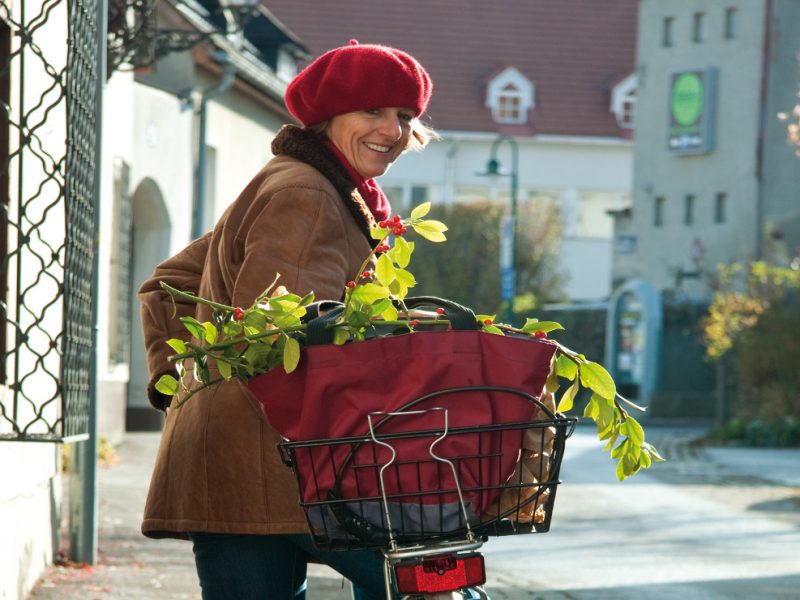
About This Project
Independent mobility for young people in rural regions
Young people in rural regions often grow up ‘car-orientated’. Young people associate a private car with freedom and independence and see it as a necessity in order to be mobile. Offers for active mobility, sharing or demand-orientated transport are sometimes little known, unpopular or simply do not exist. In the EMOJI project, the consortium consisting of Factum, BOKU, the transport planning office komobile and the Styrian Environmental Education Centre is working on measures and solutions that enable regional mobility that is suitable for children and young people. The starting point is mobility solutions that have already been designed or trialled, as there is no need to reinvent the wheel. Children and young people from two pilot regions in Styria and Upper Austria evaluate these solutions. The next step is to evaluate the solutions from the perspective of transport planning and municipal representatives and stakeholders. Together with the children and young people, solutions for child- and youth-friendly mobility in the pilot municipalities will then be defined and an institutionalisation of the participation and co-design of children and young people in mobility services will be achieved. The project output is a framework concept for municipalities, a guide on how to ensure sustainable mobility provision in rural regions that meets the needs of children and young people – and in the best case has been developed together with them.
Period
Oct. 2024 - March 2027
Sponsor
FFG
Partner
BOKU komobile GmbH UBZ






